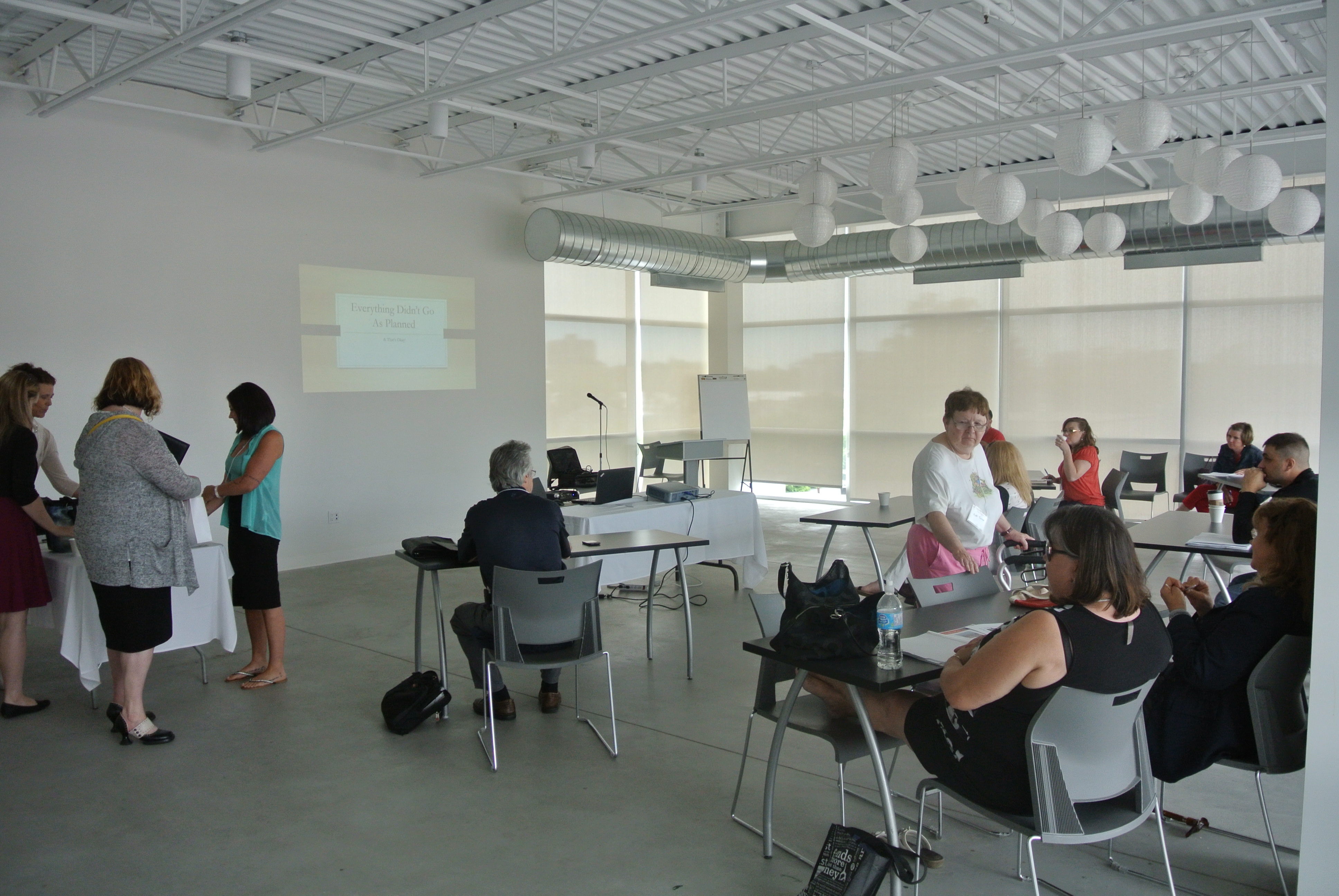


#Brain gym conference 2013 trial
In an interview with Alzforum, Hardy cited the Advanced Cognitive Training for Independent and Vital Elderly trial as one that convinced him that brain training held promise for seniors. Hardy is the company’s vice president of research and development.
#Brain gym conference 2013 full
Lumosity charges users a subscription fee to gain access to its full suite of games and cognitive tracking services, but declined to disclose how many initial users become subscribers. The website went online in 2007 and to date has been backed by $67.5 million in venture capital investment, according to the company. studies in neuroscience at Stanford behind to start the company. Lumosity was co-founded in 2005 by Michael Scanlon, who left his Ph.D. Researchers remain skeptical about how well the games deliver. Lumosity claims its games target and strengthen key aspects of cognition that could lead to improvements in aspects of daily life. “That’s what I’m spending most of my time thinking about these days,” he said. Pressed by an audience question about this transfer, Lumosity’s Joe Hardy acknowledged its importance during a panel discussion and said his company was working on creating reliable cognitive tests to measure it. A key burden of proof that scientists demand from brain trainers is the demonstration that cognitive benefits transfer to realms beyond improving at the game itself. Gaming companies and researchers who hope to use games to enhance mood, boost cognition, relieve the symptoms of PTSD, or just entertain, attended this second annual meeting. Neuroplasticity was certainly a buzzword at the NeuroGaming conference. Gazzaley has no relationship to Lumosity.

“Games are a vehicle to deliver a targeted interaction that challenges the brain, and if that interaction is done is a way that is adaptive and facilitates learning, you’ll get benefits that go beyond performance on the game itself,” he said.

“That idea really drives this whole field,” said Adam Gazzaley of the University of California, San Francisco. The potential benefits of cognitive training are based on the concept of neuroplasticity-the idea that the brain’s networks of cells, signals, and chemicals adapt when called into action. Others predict the games may serve as sensitive, widely distributed tools to flag people in cognitive decline and guide them toward clinical trials, or to measure the effects of therapeutic interventions on the brain (see Part 2 of this two-part story). Some researchers hope to extract data from Lumosity’s gigantic, 60 million user-strong database to learn more about how cognition wanes with age and disease. While the jury is out on that, a new appreciation is emerging that the games might be useful to researchers in other ways. However, carefully controlled studies are lacking, and evidence that brain-training skills transfer to other, more practical aspects of life has yet to materialize. As evident from the NeuroGaming Conference and Expo held in San Francisco May 7-8, companies such as Lumosity claim that pushing your brain’s cognitive limits with computer games will boost its performance. Taking your brain to the gym has become more popular than ever.


 0 kommentar(er)
0 kommentar(er)
